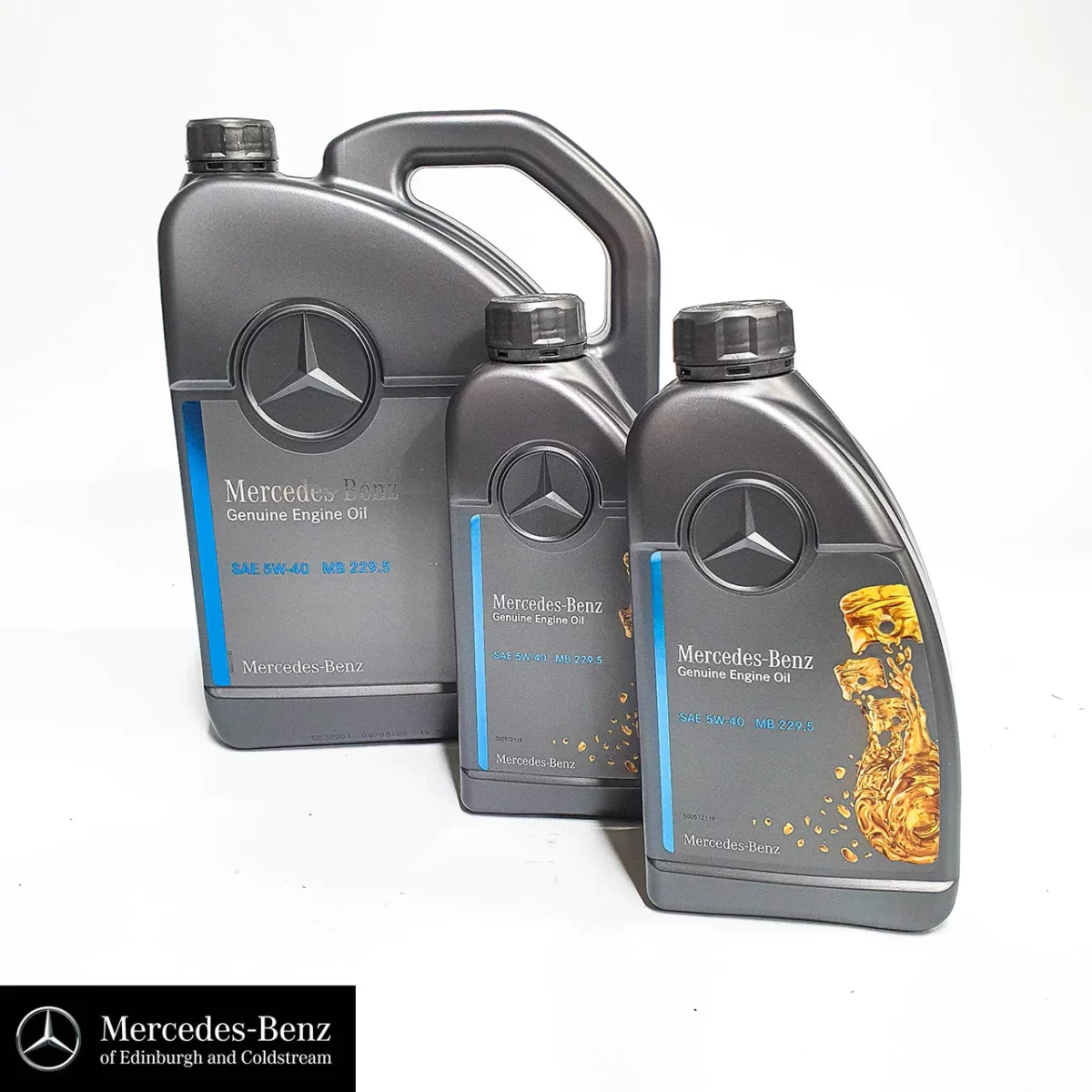Engine oil is responsible for lubricating engine mechanisms and preventing engine energy loss, heat loss, wear and tear, and overheating.
The instructions issued by the manufacturer of the car indicate what type of oil to use. Cars use different types of oil depending on the engine design and motor capacity.
Viscosity is an indicator of the quality of internal friction between the surfaces of oil molecules. This quality decreases as the temperature increases and increases as the temperature decreases. If the viscosity is too low at high temperatures, the strength of the oil film on the friction surfaces in the lubrication system and the pressure in the system will not reach the required level. But in winter, if the viscosity of the oil is too high, the engine cannot be started because the starter cannot turn the crankshaft, and if it is started, there will be a lack of oil in the first few minutes, and the oil will not go through the lubrication system. In accordance with the above conditions, the quality of engine oil:
- Winter oil
Its low viscosity makes it easy to start when cold.
- Summer oil
Due to its high viscosity, it reliably lubricates the engine at high temperatures.
- Four season oil
It refers to the oil with winter-like viscosity at low temperatures and summer-like properties at high temperatures. It is characterized by creating a quality that does not freeze in the cold and does not become too liquid in the heat due to the addition of special additives.
In Mongolia’s harsh climate, all-season oil is not suitable, and it is better to change the oil for that season in time.
Guaranteed engine oil has the following main advantages:
- When the engine is running, the parts rub against each other. The oil forms an oil film on the parts and prevents dry friction
- Prevents overheating by absorbing heat from engine operation
- Acts as an insulator between the piston and the cylinder wall
- Prevent corrosion
- It is responsible for cleaning the dirt that is generated in the engine
